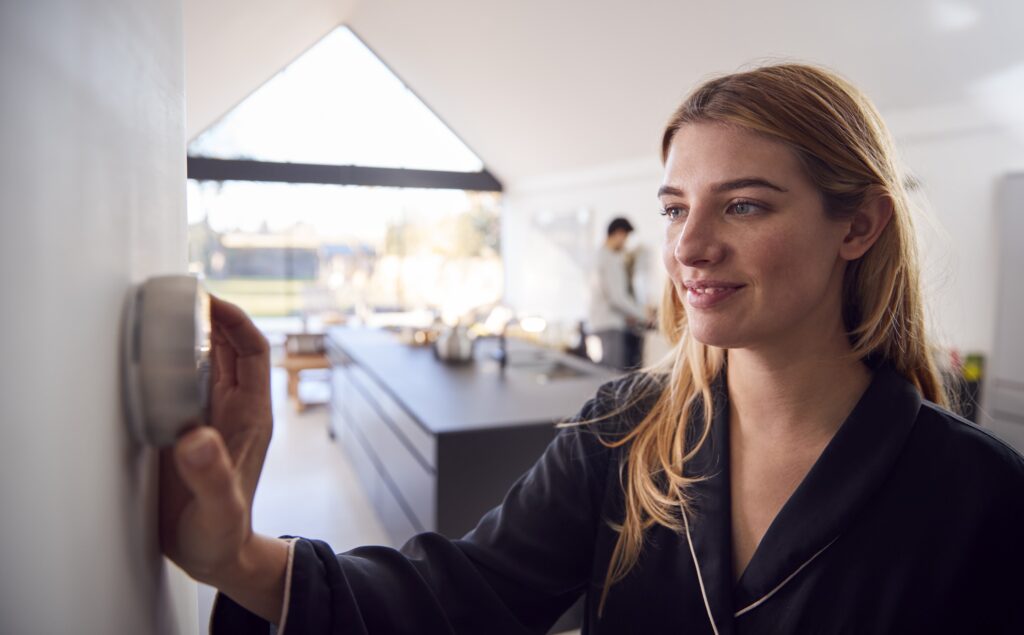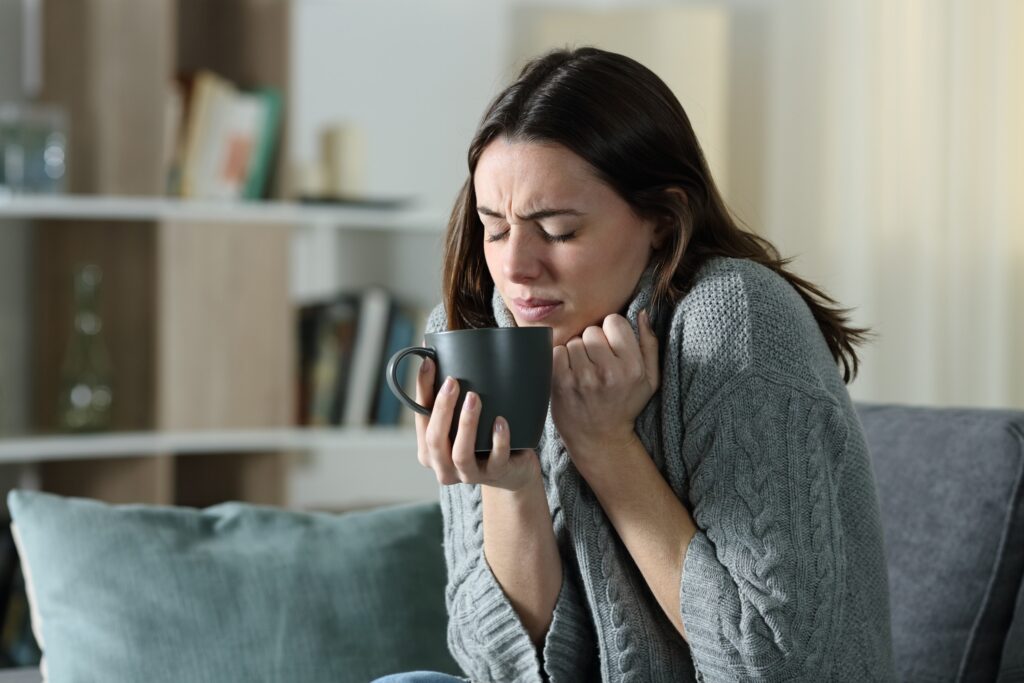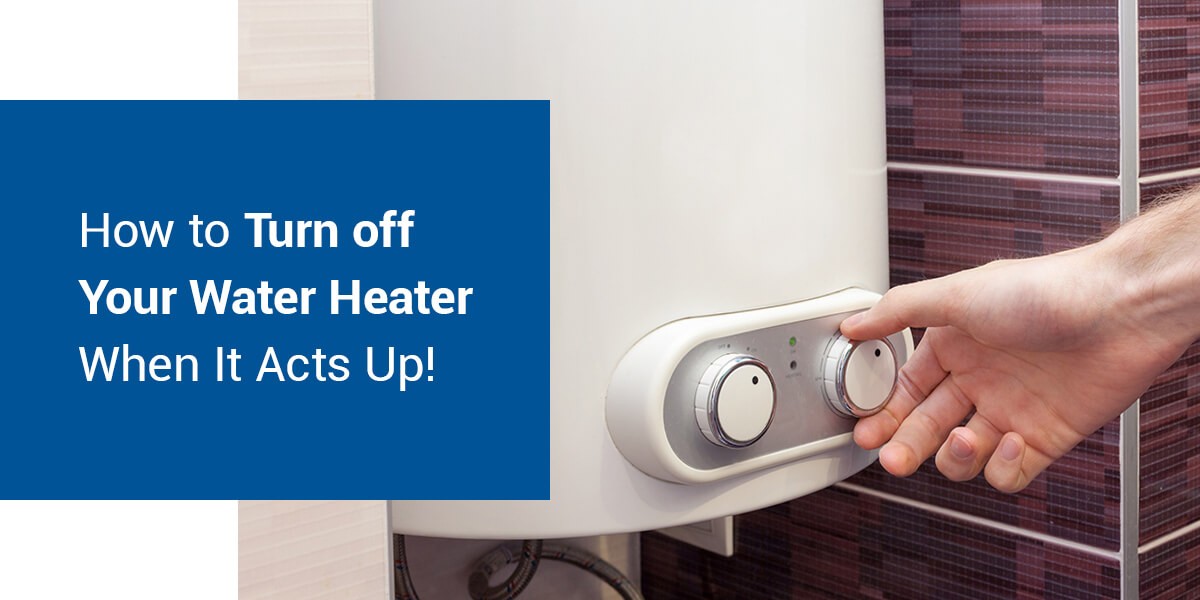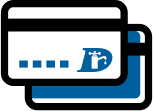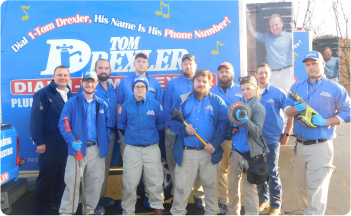Leak Prevention Tips for Your Home
Keeping up with household maintenance can sometimes be challenging. With so many daily activities, we don’t have much space in our heads for thinking about plumbing.
And if we do, we probably don’t know the first thing about how to do much of anything. Follow these water leak prevention tips, and you’ll soon be an expert on your plumbing maintenance.
Throw Out the Chemical Clog Removers
They aren’t doing you any favors. They may seem like an easy way to remove a clog, but these drain cleaners have harsh, toxic chemicals that can cause your pipes to rust, corrode, and leak.
Try instead using a drain snake. Snaking your drain uses no chemicals, and is more effective. You can pick one up at any hardware store in Louisville, KY, and cost about $20.00.
If you’re in a pinch and can’t get to a store, try a chemical free home remedy. Pour half a cup of salt down the drain, followed by boiling water. Flush it with hot water until the clog is removed.
Reduce the Water Pressure in Your Pipes
If your showers feel like Niagara Falls, it may mean you have a water pressure issue. It may feel nice to you, but high water pressure is damaging your pipes.
Installing a hose bib gauge on an outdoor spigot will monitor the pressure. Average flow should sit between 40 and 80 psi, not exceeding 85 psi. You can purchase one from the store for $10.00.
If you have high water pressure, it may be time to install a pressure regulator. Typically, these are purchased at the hardware store, and range in price from $15.00 – $35.00. If you’re not too handy, you can always call a plumber to install it for you.
Identifying Leaks Throughout Your Home
If you start to notice unusual spikes in your water meter reading, there may be a leak in your house.
The most effective way to check for leaks is to do a whole home check.
How to do a whole home check:
- Shut off all the water in the home and outside as well.
- Record the meter reading.
- Don’t use any water for up to an hour, minimum of 15 minutes.
- Check the water meter reading.
- If the number has gone up, there may be a leak, and it may be time to call in a plumber to check.
Preventing Pipes from Corrosion
Pipe corrosion occurs when harsh chemicals or mineral constantly interact with the pipes and start to deteriorate them. See below a list of ways to prevent pipe corrosion in your home.
- Steer clear of chemical clog removers.
- Use screens in your sinks, tubs, and showers.
- Purchase a water softener.
- Install a phosphate feeder for copper pipes.
- Conduct a water analysis to check pH – it should be between 7.0 and 8.0.
Staying up to date on your plumbing maintenance doesn’t need to be hard. Follow these tips, and become a DIY expert at home plumbing care.


